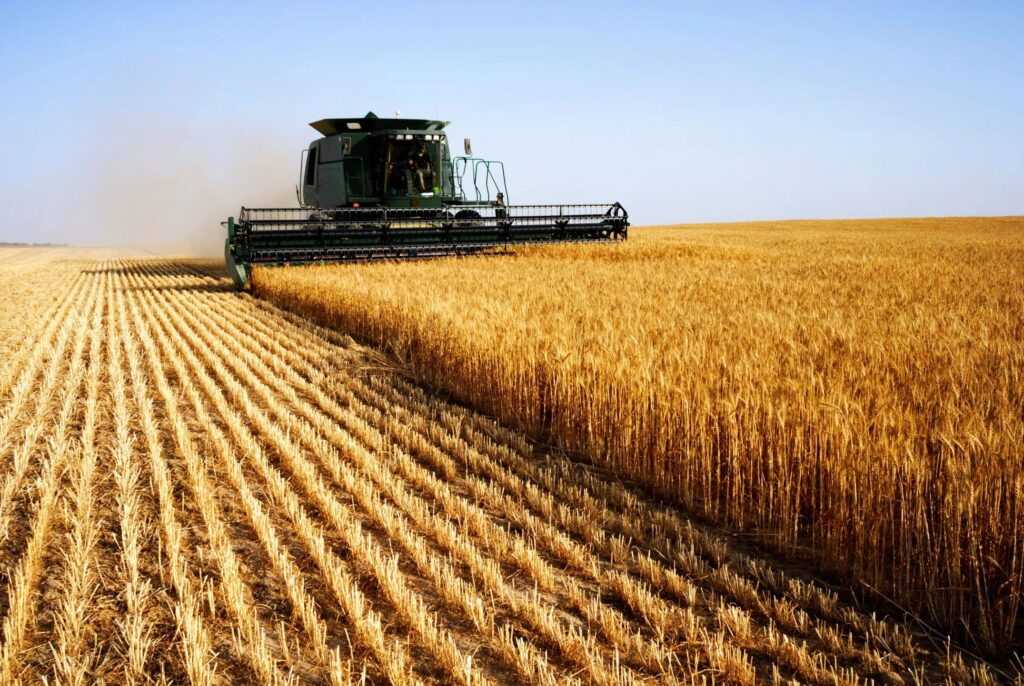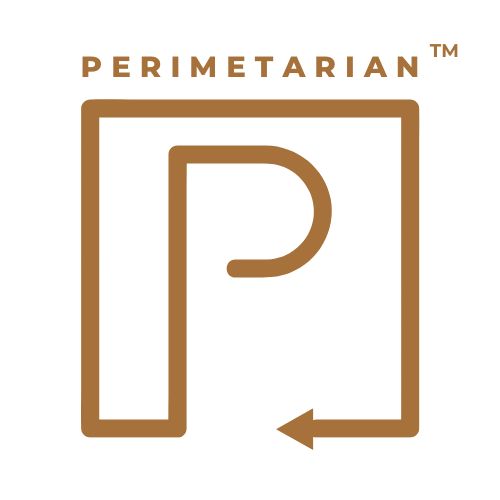
Author Michael Pollan has an elegant way about how he boils complex topics down to a sentence or even just a phrase. A couple of my favorites include:
- Edible food-like substances – to describe ultra-processed foods
- Eat only foods that have been cooked by humans – to discern from factory-produced foods
Yet there is still a plant-based bend to a lot of his quotes and the two I’d like to dive into are below. This is not an indictment on Pollan. He is a great food author and advocate for more healthful eating. There is simply some nuance that can’t be captured in a single phrase.
If you’ve seen these quotes on the wall of your local cafe, here’s some more context. As always, this is just my opinion.
- “Eat food. Not too much. Mostly plants”
- “You are what you eat eats.”
But let’s dive deeper
These are generally great concepts. If we feed our livestock non-evolutionarily-appropriate food, and they become fat and sick, then eating that livestock is probably bad for us (and there’s plenty of studies demonstrating just that). But feeding that same food directly to humans is far worse, if you care about the health of our society and fellow person.
From a pure animal ethics perspective, we should absolutely want our livestock to live lives that mimic the wild, with lots of room to roam, lots of outdoor exposure, lots of access to what they would eat naturally. Whenever possible, opt for the grass-fed/grass-finished beef and the pastured eggs.
Meat doesn’t need to be perfect
But the problem with “you are what you eat eats” is that it is highly misleading. Grain-finished beef, for instance, is still packed full of important nutrients, and only slightly inferior to grass-finished beef. Eggs from chickens fed corn and soy are certainly inferior, but they are still an excellent source of protein and nutrients that many other foods lack.
Ruminant animals (cows, sheep, goats, deer, pretty much any animal that roams and preferentially eats grass) are extremely efficient at removing the toxins in corn and soy and other modern problematic foods.
Put another way: If someone has to eat the pesticide-covered soy, wheat, and corn that our country is so great at producing in mass quantity, it should be the cow, and not the human.
